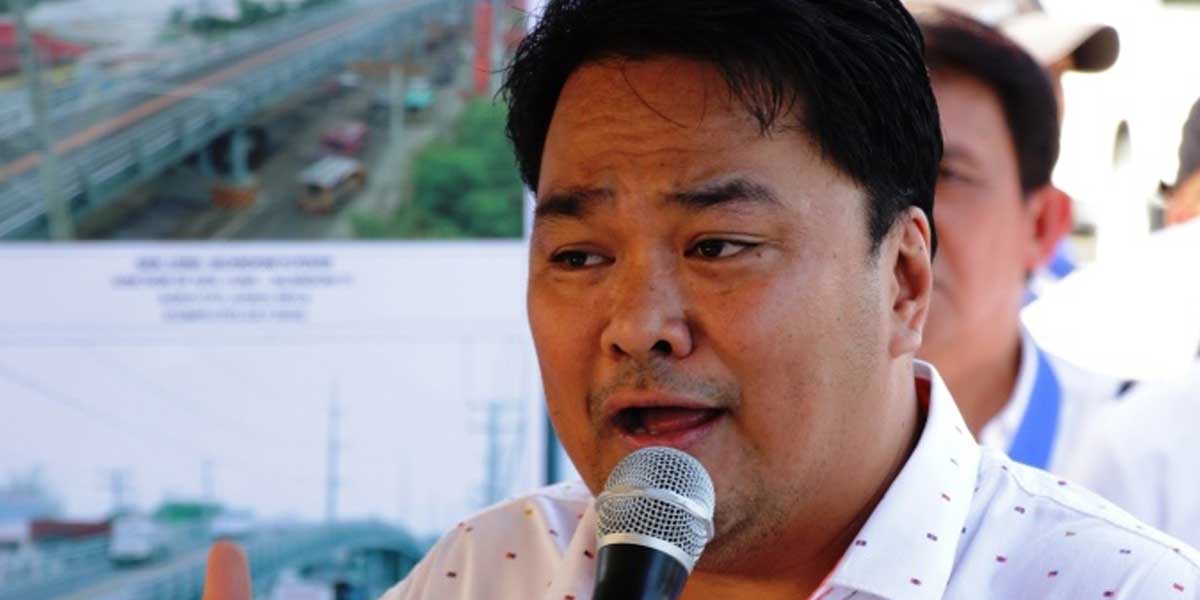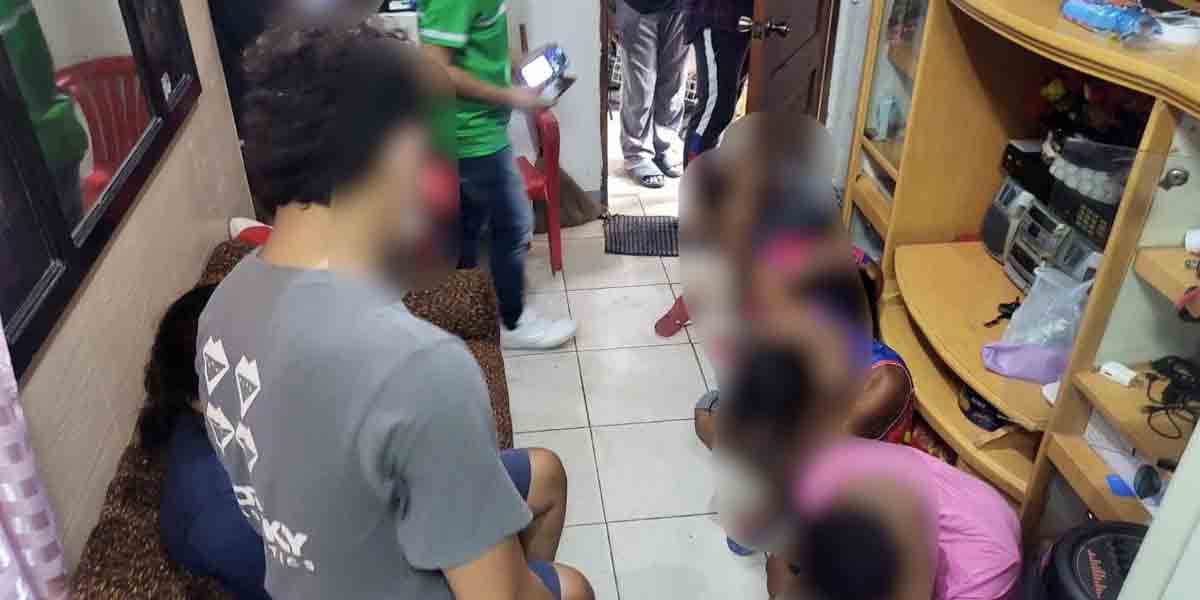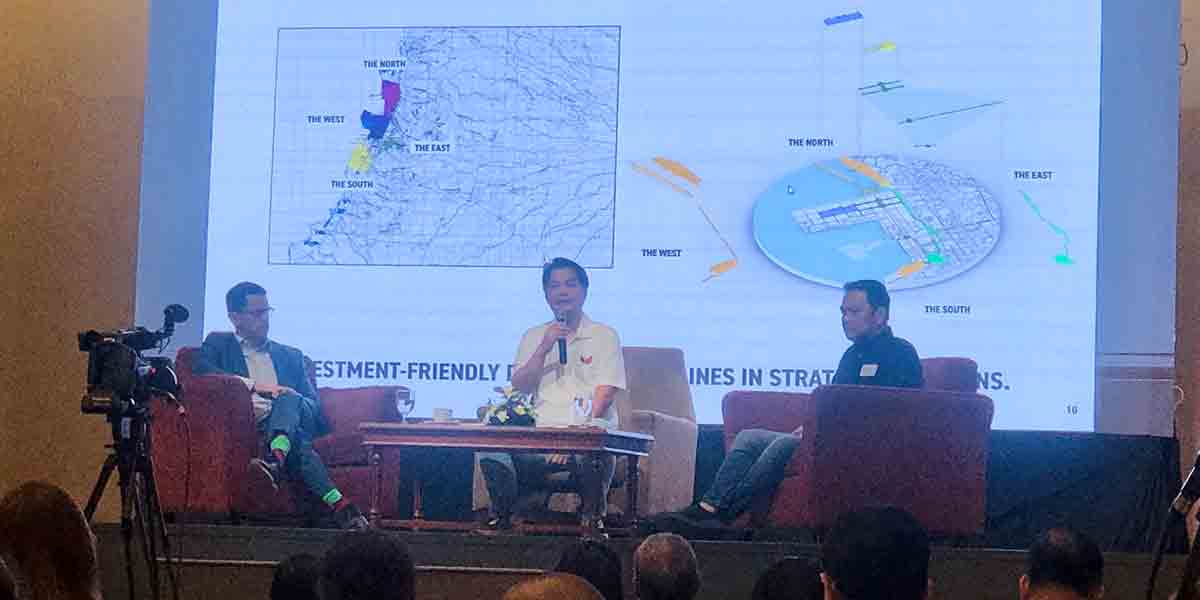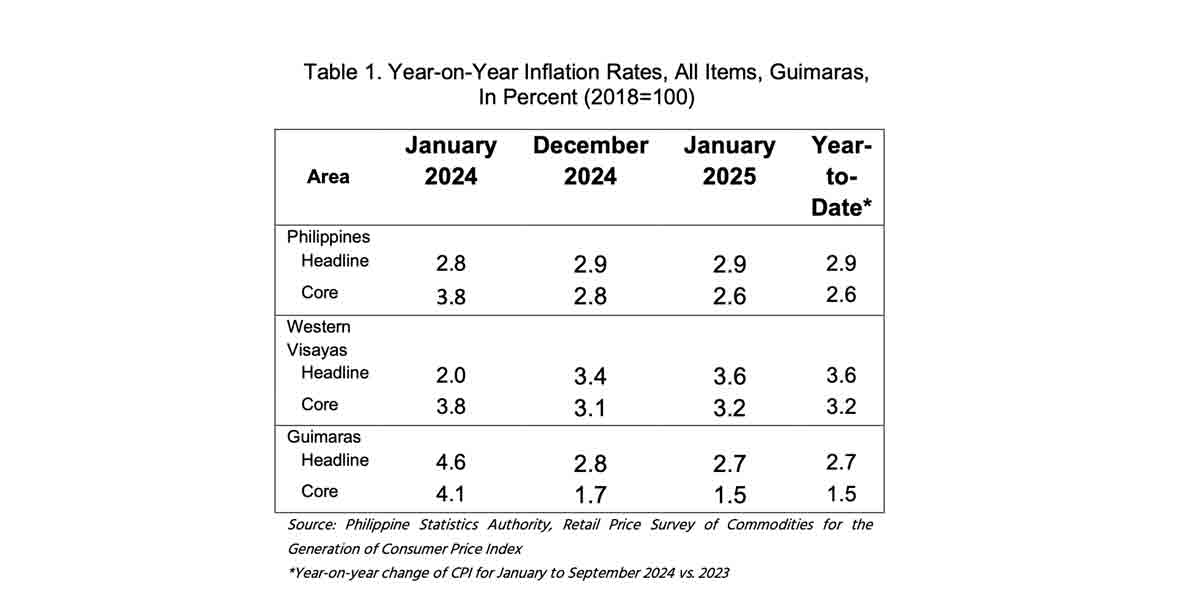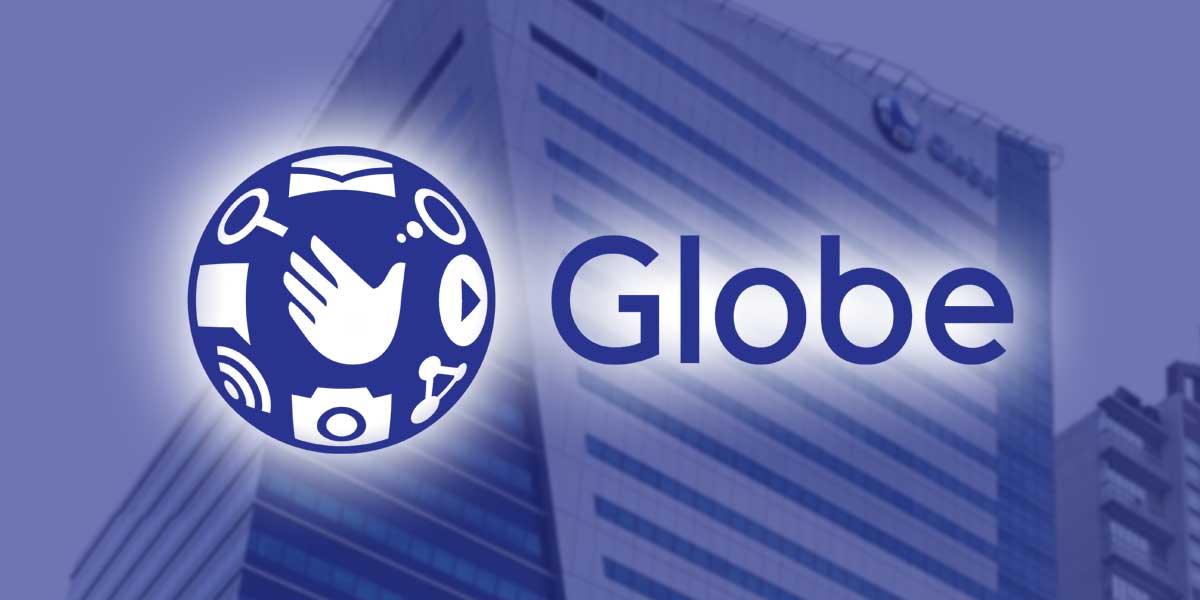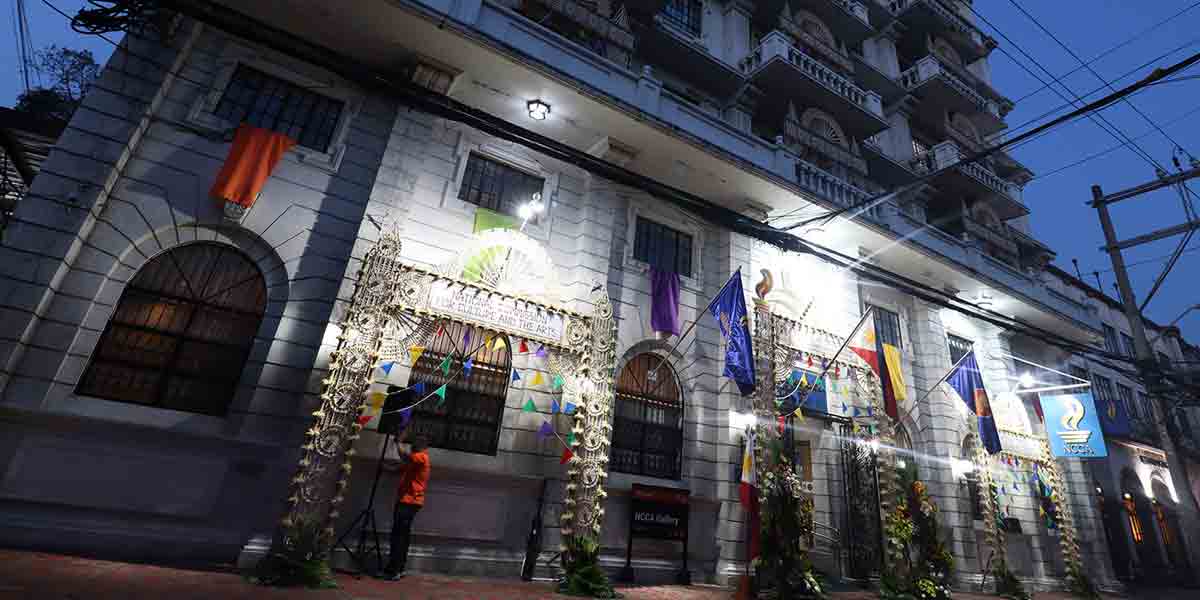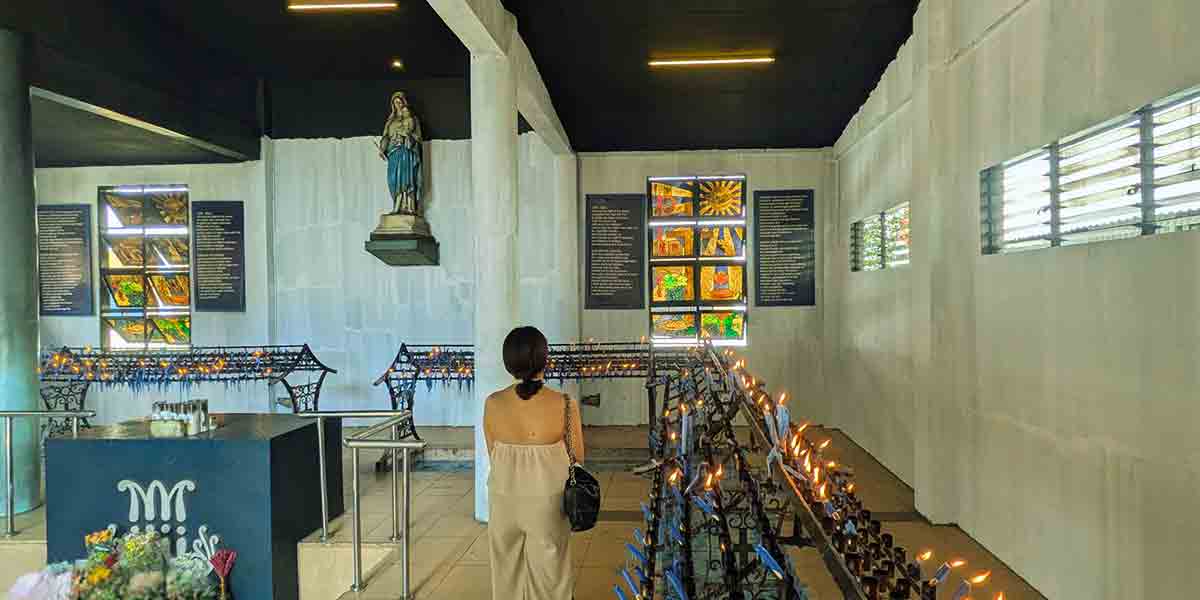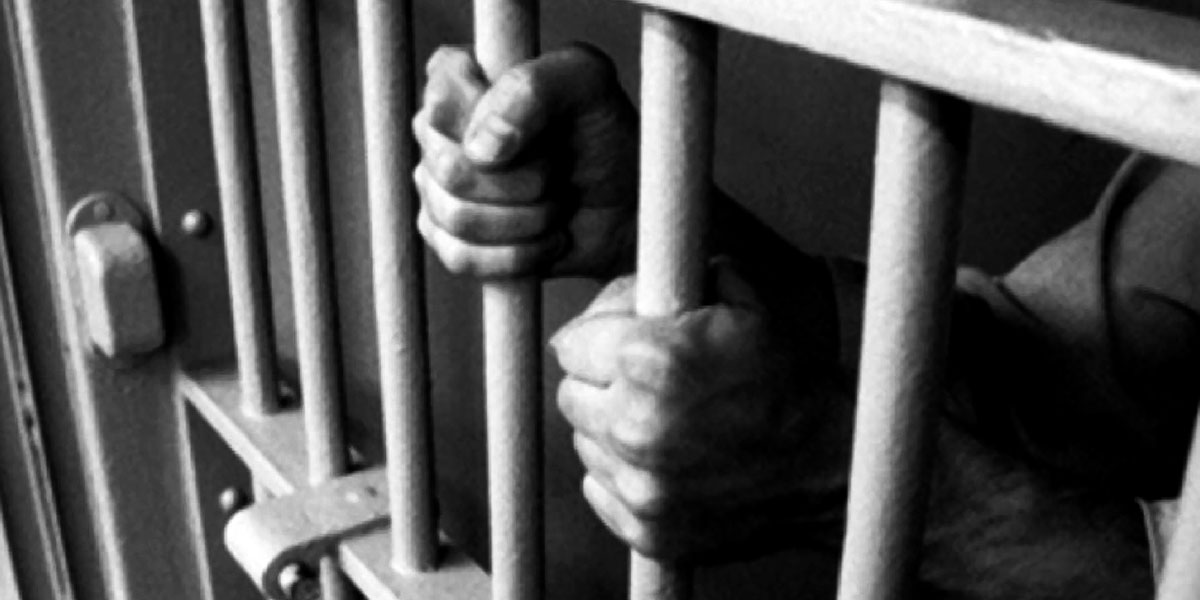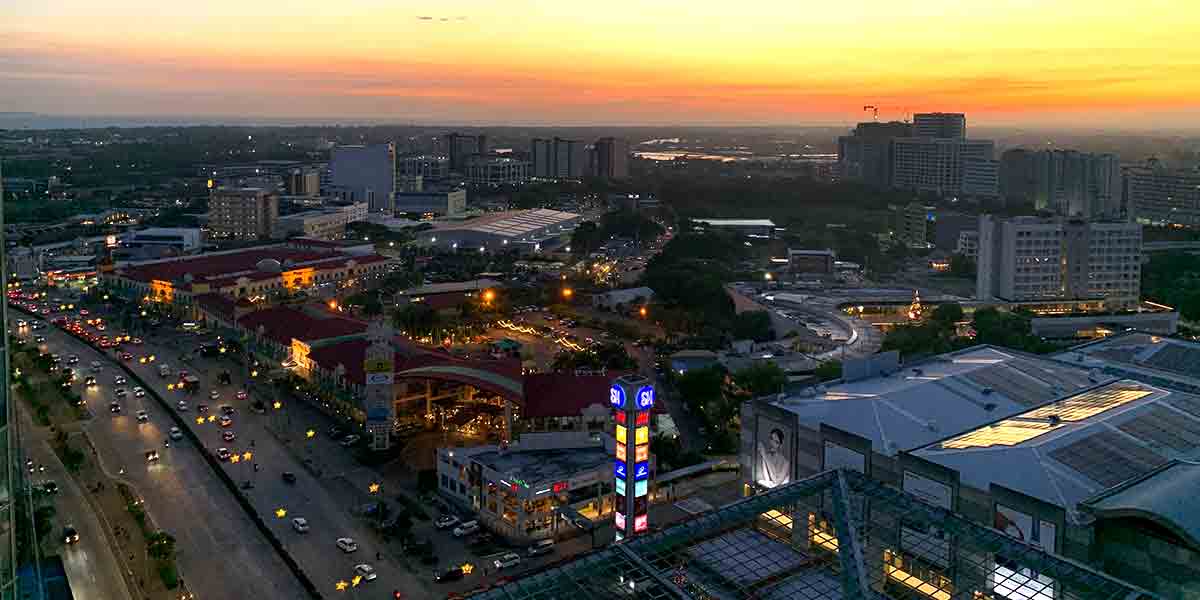By Michael Henry Yusingco, LL.M
In 2021, the Special Rapporteur on the promotion and protection of the right to freedom of opinion and expression, Irene Khan, released a report examining the “threats posed by disinformation to human rights, democratic institutions and development processes”.
The report asserts, “There is growing evidence that disinformation tends to thrive where human rights are constrained, where the public information regime is not robust and where media quality, diversity and independence is weak. Conversely, where freedom of opinion and expression is protected, civil society, journalists and others are able to challenge falsehoods and present alternative viewpoints.”
We can affirm with certainty that disinformation can easily wreak havoc to a population where the constitutional prescription of free speech and expression is poorly understood. In our case, close to 80% of our people have very little knowledge of the 1987 Constitution. Which means this huge segment of our population have a poor understanding of free speech and expression. And indeed, this can explain why purveyors of disinformation have so much power in our public space, both real and virtual.
Pertinently, Article III, Section 4 of the 1987 Constitution prescribes, “No law shall be passed abridging the freedom of speech, of expression, or of the press, or the right of the people peaceably to assemble and petition the government for redress of grievances.”
From just a plain reading of this provision, free speech and expression is clearly a fundamental principle of our democratic system. When citizens have unbridled access to information and insights, they can deliver enlightened and well-considered political decisions. And this is vital in sustaining a fully-functioning democracy. Without free speech, a curated political or ideological narrative can be forcefully imposed on the polity, and this is usually the tactic of dictators and tyrants.
But the Special Rapporteur’s report also states that a robust free speech regime can empower civil society to effectively counter disinformation. This just makes sense because a society that puts a high premium on preserving the safety and vibrancy of the public space, would also be relentless in protecting it against existential threats.
A strong free speech framework conventionally means citizens having the liberty to discuss publicly and truthfully any matter of public interest without censorship and punishment. It is worth noting that our constitution specifically prescribes that free speech and expression, and a free media as well, include the right to “petition the government for redress of grievances”.
The constitutional protection extends to nearly all forms of communication. It encompasses a wide spectrum of matters of public interest̶ religious, political, economic, artistic, and scientific. But the primordial importance of freedom of speech, and of the press as well, is that it is not simply a means to approve existing political beliefs or economic arrangements. It is not a ready justification to take refuge under the majority view. Indeed, this constitutional right exists precisely for those who question and do not conform.
The landmark case of Chavez vs. Gonzales (G.R. No. 168338, February 15, 2008) explains it much better as follows:
“To be truly meaningful, freedom of speech and of the press should allow and even encourage the articulation of the unorthodox view, though it be hostile to or derided by others; or though such view “induces a condition of unrest, creates dissatisfaction with conditions as they are, or even stirs people to anger.” To paraphrase Justice Holmes, it is freedom for the thought that we hate, no less than for the thought that agrees with us.”
Ultimately, this constitutional right aims to preserve the public space as a market place of information, ideas, and insights. Where citizens can engage each other to address common concerns. To find solutions to the problems they collectively face. Obviously, this arena is not for the fainthearted. The exchanges are expected to be passionate, and possibly brutal at times. But the end goal will always be to elevate the polity from the untenable status quo.
It is crucial to mention at this point that freedom of expression is not an absolute right. Indeed, some types of speech may be subjected to state regulation. For example, in our jurisdiction, slander, libel and obscene speech are not entitled to constitutional protection and may be punished.
Misleading commercial advertising is an offense. Comelec regulations penalize the publication of false information in the campaign. In some localities, gossiping is prohibited by ordinance. So clearly, disinformation is also not protected by free speech. This act may not be specifically criminalized yet, particularly the spreading of disinformation online, but it definitely does not qualify for constitutional protection.
Disinformation has no innate value at all. It is destructive by its very nature. Indeed, the rampancy of disinformation in the public sphere poses a clear and present danger to our democracy. And so, our lawmakers must establish a legal framework to combat disinformation sooner rather than later. Needless to say, such an anti-disinformation regime must align with the constitutional prescriptions of freedom of speech and free media.
But for now, it is highly beneficial for civil society to take the Special Rapporteur’s report to heart and start developing a healthier appreciation for free speech and expression. Our aim must be to jealously preserve the public sphere to continually be a marketplace of information, ideas, and insights. We in the polity must be proactive in protecting this space against purveyors of disinformation.
So if a person has nothing to contribute but barbs and insults, then this person does not deserve respect and recognition in the marketplace. Bardagulan is antithetical to bayanihan and hence, must never ever be normalized. And if a person wants to spew out falsehoods, then let her do it on her own dime. We must treat our attention as precious as gold. Elevating the polity must always be our primary consideration. The public space is free for anyone to join, but we should not suffer fools gladly.
Bionote: Author is a law lecturer, policy analyst and constitutionalist.

